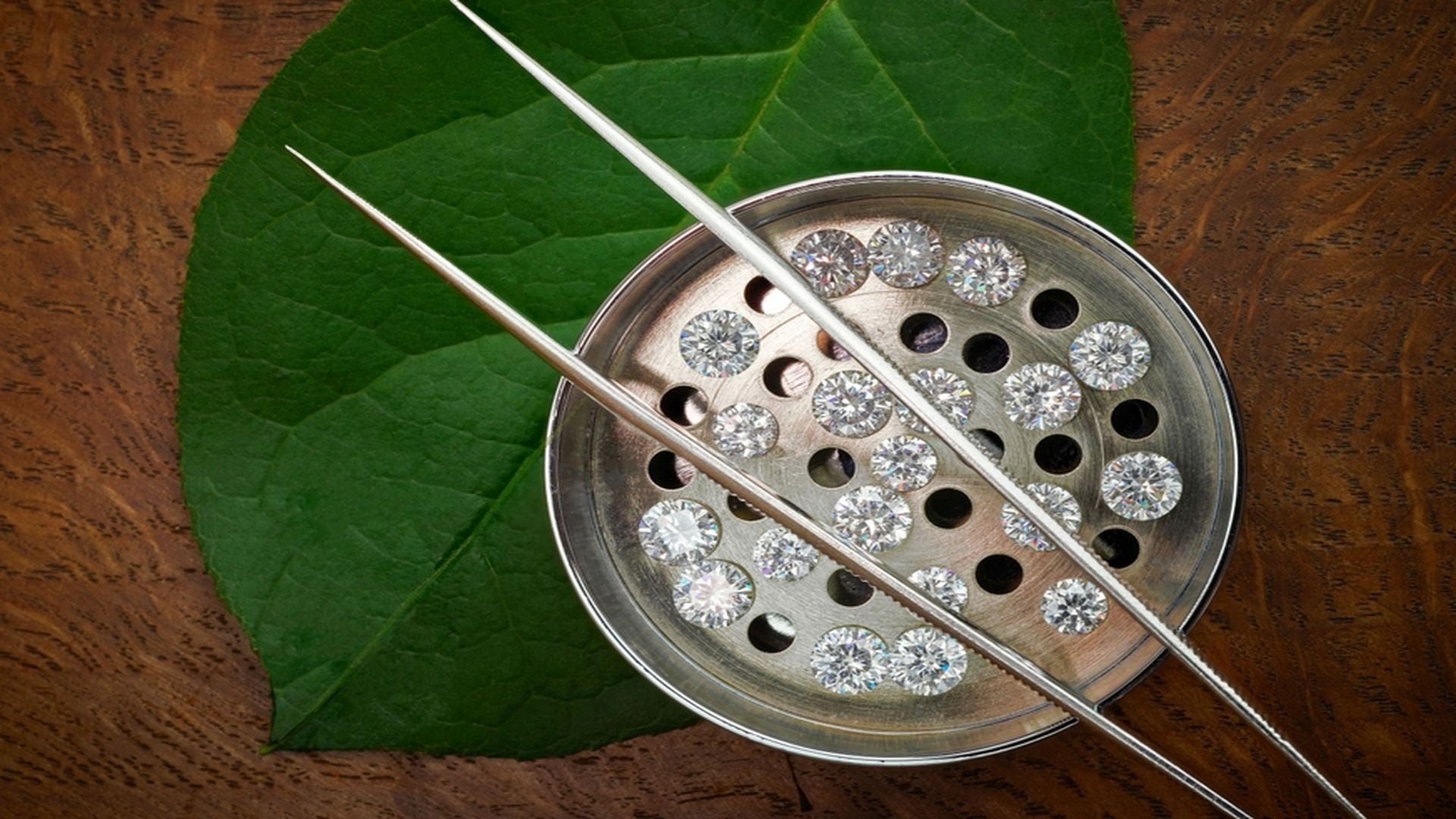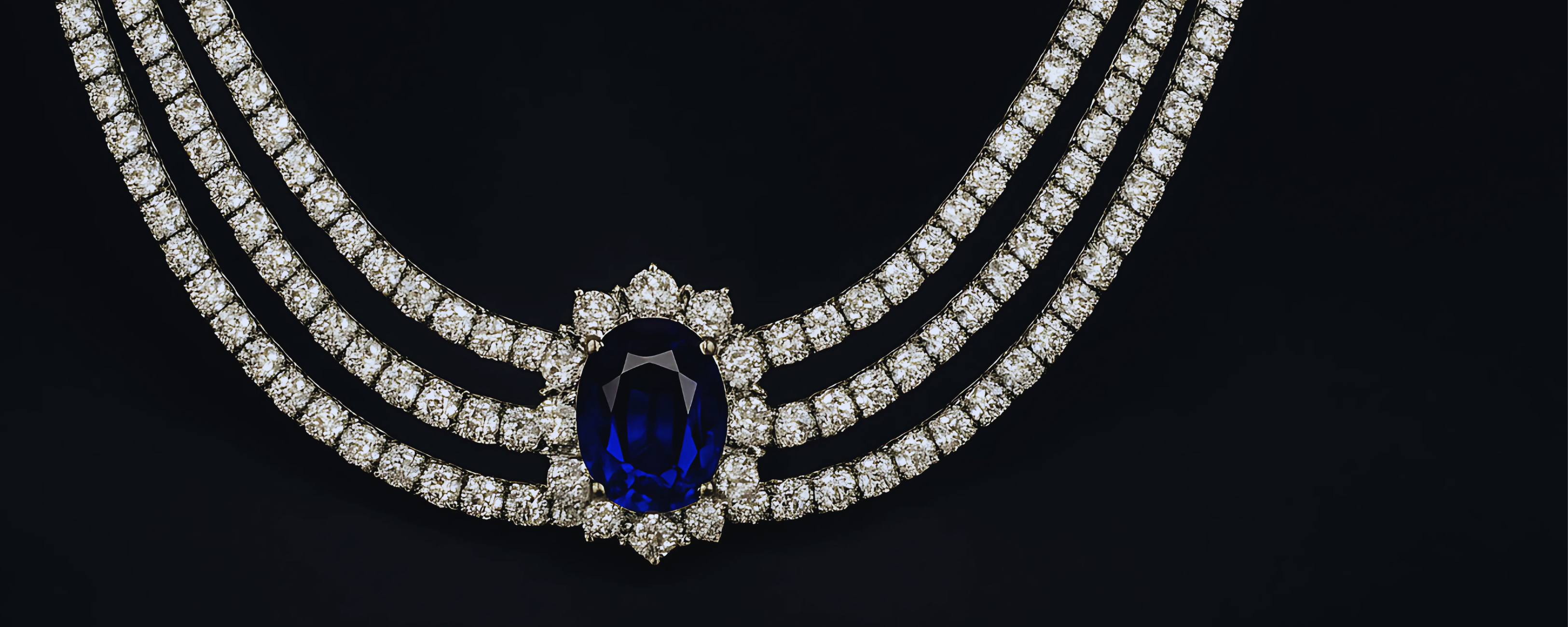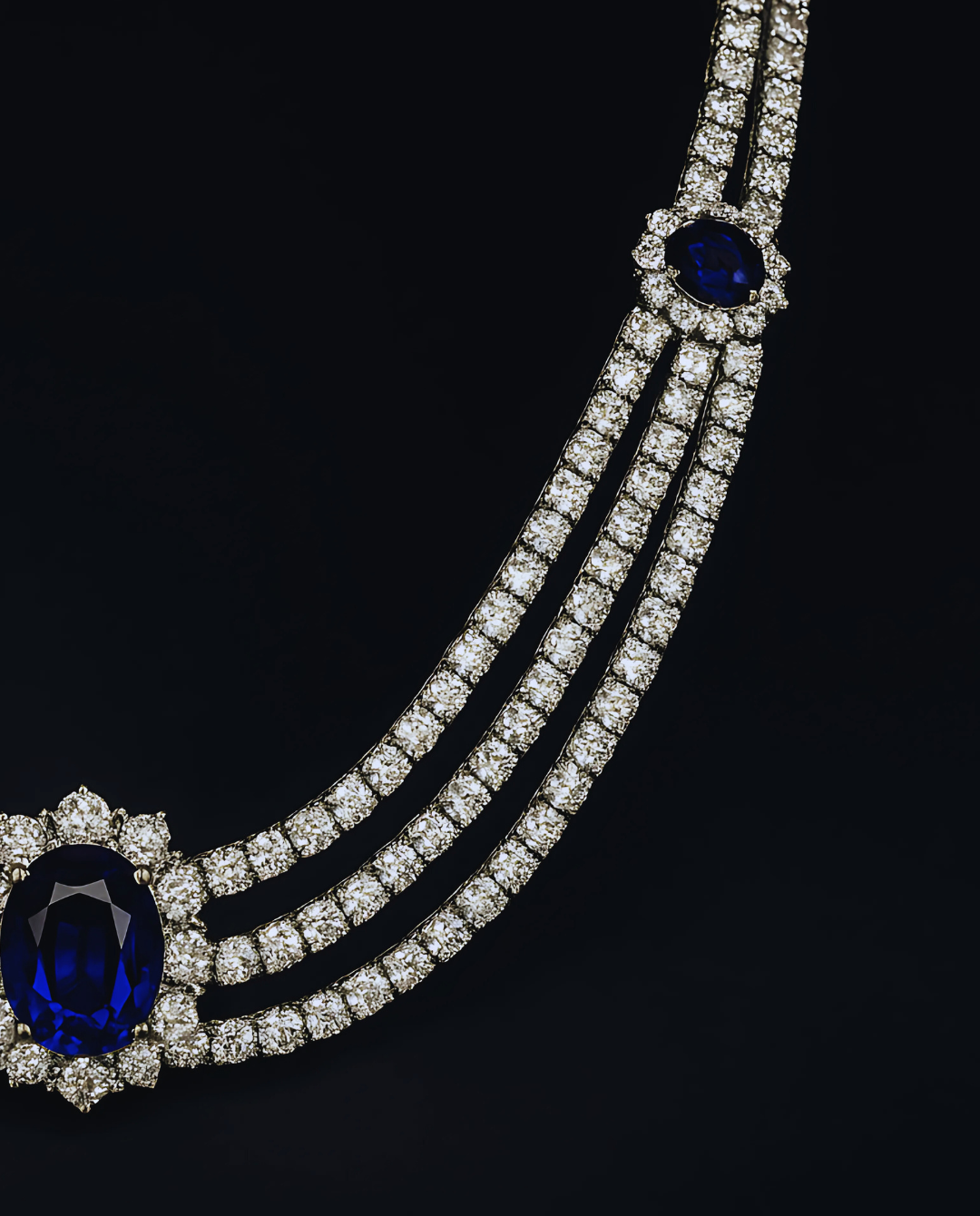
Lab-grown diamonds, also known as created diamonds, grown diamonds or cultured diamonds, are diamonds that are created in a laboratory instead of being mined from the earth. They are made using advanced technological processes that replicate the high-pressure, high-temperature conditions that occur deep beneath the earth's surface where diamonds are formed.

Lab-grown diamonds have the same chemical, physical, and optical properties as mined diamonds.
The first successful experiment to create diamonds in a laboratory was conducted in the 1950s by General Electric. However, the process was expensive, and the diamonds produced were small and of low quality.



Additionally, they are created in a controlled environment, ensuring that the production process is free from unethical practices.
Another advantage of lab-grown diamonds is their affordability. Mined diamonds feature artificially inflated pricing based on the myth that they are rare and advertising firm-created "emotional value." Lab-grown diamonds, on the other hand, are priced based on the cost of production, which results in the first ever luxury jewellery that is priced fairly. This makes lab-grown diamonds an attractive option for consumers who want a high-quality diamond at a fair price.
Lab-grown diamonds have been met with pushback from the century-plus old mined diamond industry.

One of the main criticisms of lab-grown diamonds from those resistant to change is that they lack the emotional and cultural significance of mined diamonds, which the public is still misled to believe are “rare” (in fact, the world is in over-supply of mined diamonds, which leads to the exorbitant prices of mined diamond luxury jewellery in the market!)



In recent years, the popularity of lab-grown diamonds has been rapidly increasing, and for good reason. Not only are they eco-friendly, but they are also more ethical than their mined counterparts. A persistent issue for environmentally responsible jewellery advocates is convincing the public that these lab-grown diamonds are, indeed, identical to, if not better than, their mined counterparts. The notion that mined diamonds are rare and should cost two months' salary, as the old advertising campaign suggests, is a myth.
All of this mined diamonds thinking is outdated... and simply not true. It's the thinking of the past.
Lab-grown diamonds – a unique value proposition
Lab-grown diamonds have a unique value proposition. They are eco-friendly and conflict-free, which means they are not associated with the human rights violations and environmental damage that are sometimes associated with diamond mining. Customers who are concerned about sustainability and ethics may be more inclined to choose a lab-grown diamond over a mined diamond.

The perception of quality from consumers regarding lab-grown diamonds
Another factor that influences customer acceptance of lab-grown diamonds is the perception of quality. Customers may be misinformed to perceive lab-grown diamonds as inferior to mined diamonds, as they are not formed under the same conditions. However, lab-grown diamonds are chemically and physically identical to mined diamonds and possess the same characteristics that make mined diamonds desirable, such as durability, brilliance, and everlasting sparkle.
To combat this perception, some companies have started to market lab-grown diamonds as a premium product. They are highlighting the fact that lab-grown diamonds are created under controlled conditions, which means they are free from the imperfections that can sometimes be found in mined diamonds. This marketing strategy is aimed at convincing customers that lab-grown diamonds are, indeed, a high-quality product that more than rival mined diamonds.
Brand Awareness in the lab-grown diamonds sphere

Brand awareness is another factor that can influence customer acceptance of lab-grown diamonds. Even given lab-grown diamonds rapid growth in the marketplace, some customers may not be aware that lab-grown diamonds exist or may be hesitant to purchase a product that they perceive as being new or untested. To overcome this, companies that specialise in lab-grown diamonds are investing in building their brands and increasing awareness of their product.

One way that designer lab-grown jewellery brands are expanding awareness is by partnering with influencers and celebrities to promote their products


It is crucial to ensure that consumers understand that lab-grown diamonds are certified as genuine and of high quality – the same certifications that mined diamonds receive.
To summarise, the market for lab-grown diamonds is growing quickly as more consumers become aware of the advantages. Lab-grown diamonds provide an ethical and sustainable alternative to mined diamonds, without sacrificing quality or beauty. The growing demand for these diamonds is also driving innovation and competition in the diamond industry, leading to even more choices and advancements in lab-grown diamond technology. As consumers continue to prioritise sustainability and ethical practices in their purchasing decisions, it is likely that the trend towards lab-grown diamonds will continue to gain momentum in the years ahead.



